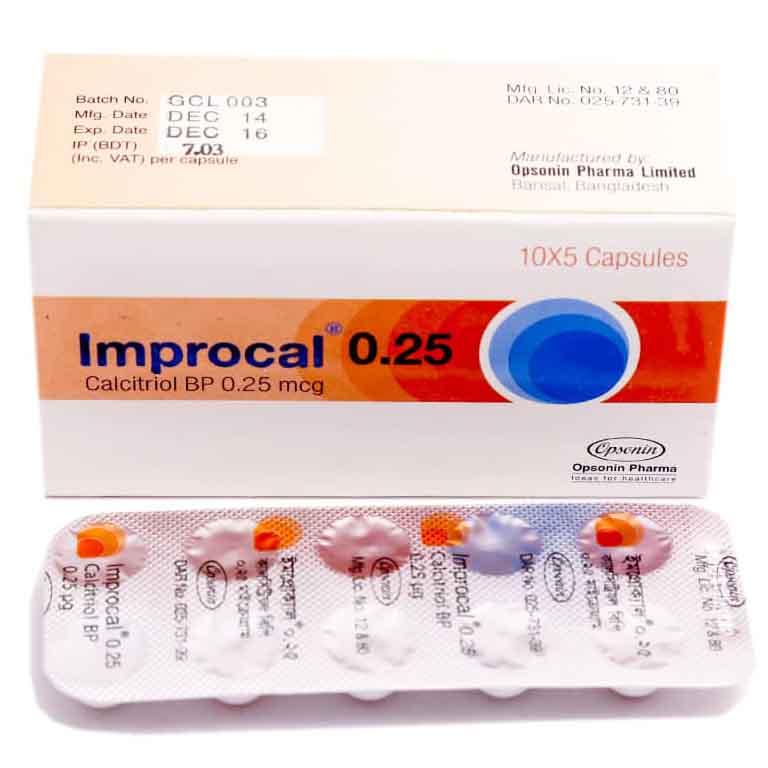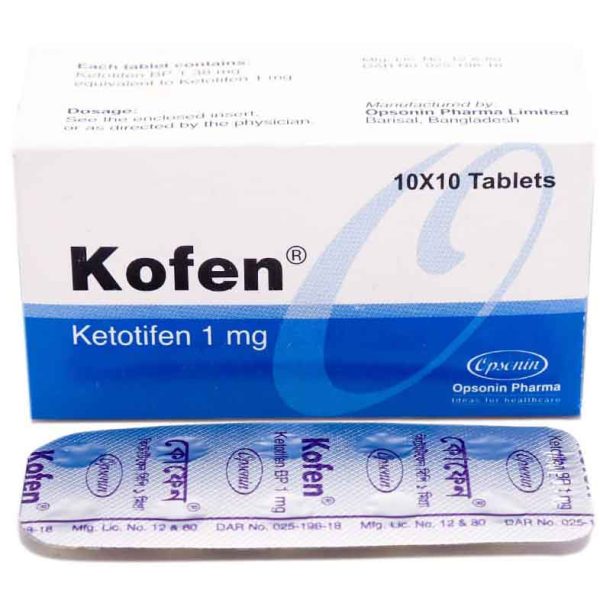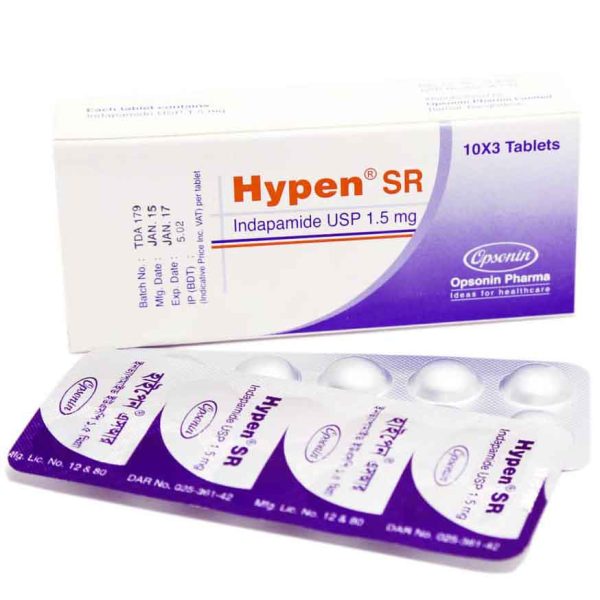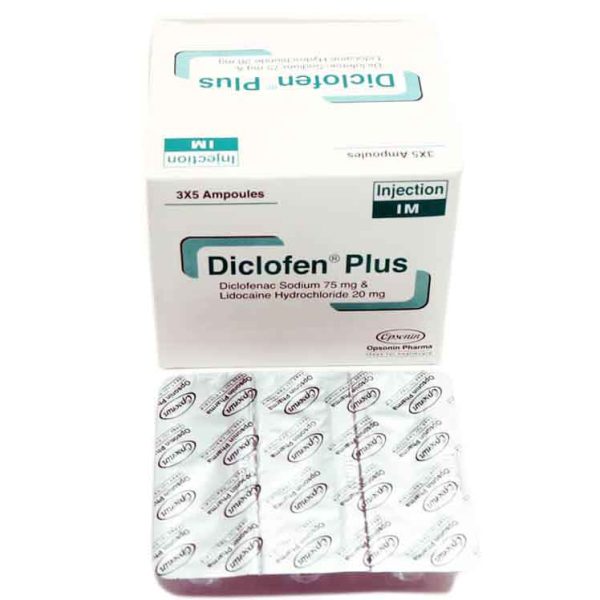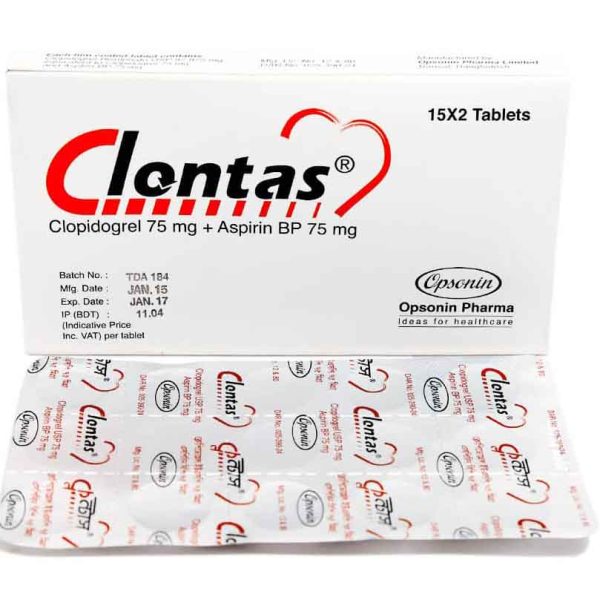Description
Brand Name: Improcal ®0.25mcg
Generic Name: Calcitriol 0.25mg
DESCRIPTION.
Improcal ®0.25mcg (calcitriol) is a synthetic vitamin D analog which is active in the regulation of the absorption of calcium from the gastrointestinal tract and its utilization in the body. Improcal ®0.25mcg (calcitriol) is available as capsules containing 0.25 mcg or 0.5 mcg calcitriol and as an oral solution containing 1 mcg/mL of calcitriol.
INDICATIONS
Predialysis Patients
Rocaltrol (calcitriol) is indicated in the management of secondary hyperparathyroidism and resultant metabolic bone disease in patients with moderate to severe chronic renal failure (Ccr 15 to 55 mL/min) not yet on dialysis .
In children, the creatinine clearance value must be corrected for a surface area of 1.73 square meters. A serum iPTH level of ≥ 100 pg/mL is strongly suggestive of secondary hyperparathyroidism.
Dialysis Patients
Improcal ®0.25mcg
Rocaltrol (calcitriol) is indicated in the management of hypocalcemia and the resultant metabolic bone disease in patients undergoing chronic renal dialysis. In these patients,Improcal ®0.25mcg (calcitriol) administration enhances calcium
absorption , reduces serum alkaline phosphatase levels, and may reduce elevated parathyroid hormone levels and the histological manifestations of osteitis fibrosa cystica and defective mineralization.
Hypoparathyroidism Patients.
Improcal ®0.25mcg (calcitriol) is also indicated in the management of hypocalcemia and its clinical manifestations in patients with postsurgical hypoparathyroidism, idiopathic hypoparathyroidism, and pseudohypoparathyroidism.
DOSAGE AND ADMINISTRATION
The optimal daily dose of Improcal ®0.25mcg (calcitriol) must be carefully determined for each patient. Improcal ®0.25mcg (calcitriol) can be administered orally either as a capsule (0.25 mcg or 0.50 mcg) or as an oral solution (1 mcg/mL). Improcal ®0.25mcg (calcitriol) therapy should always be started at the lowest possible dose and should not be increased without careful monitoring of serum calcium.
The effectiveness of Improcal ®0.25mcg (calcitriol) therapy is predicated on the assumption that each patient is receiving an adequate but not excessive daily intake of calcium. Patients are advised to have a dietary intake of calcium at a minimum of 600 mg daily. The U.S. RDA for calcium in adults is 800 mg to 1200 mg. To ensure that each patient receives an adequate daily intake of calcium, the physician should either prescribe a calcium supplement or instruct the patient in proper dietary measures.
Because of improved calcium absorption from the
gastrointestinal tract , some patients of Improcal ®0.25mcg (calcitriol) may be maintained on a lower calcium intake. Patients who tend to develop hypercalcemia may require only low doses of calcium or no supplementation at all.
During the titration period of treatment with Improcal ®0.25mcg (calcitriol) , serum calcium levels should be checked at least twice weekly. When the optimal dosage of Improcal ®0.25mcg (calcitriol) has been determined, serum calcium levels should be checked every month (or as given below for individual indications). Samples for serum calcium estimation should be taken without a tourniquet.
Dialysis Patients
The recommended initial dose of Improcal ®0.25mcg calcitriol) is 0.25 mcg/day. If a satisfactory response in the biochemical parameters and clinical manifestations of the disease state is not observed, dosage may be increased by 0.25 mcg/day at 4 to 8 week intervals. During this titration period, serum calcium levels should be obtained at least twice weekly, and if hypercalcemia is noted, the drug should be immediately discontinued until normocalcemia ensues (see PRECAUTIONS : General). Phosphorus, magnesium , and alkaline phosphatase should be determined periodically.
Patients with normal or only slightly reduced serum calcium levels may (calcitriol) doses of 0.25 mcg every other day. Most patients undergoing hemodialysis respond to doses between 0.5 and 1 mcg/day.
Oral Improcal ®0.25mcg (calcitriol) may normalize plasma ionized calcium in some uremic patients, yet fail to suppress parathyroid hyperfunction. In these individuals with autonomous parathyroid hyperfunction, oral Improcal ®0.25mcg (calcitriol) may be useful to maintain normocalcemia, but has not been shown to be adequate treatment for hyperparathyroidism.
Hypoparathyroidism
The recommended initial dosage of Improcal ®0.25mcg (calcitriol) is 0.25 mcg/day given in the morning. If a satisfactory response in the biochemical parameters and clinical manifestations of the disease is not observed, the dose may be increased at 2-to 4-week intervals.
During the dosage titration period, serum calcium levels should be obtained at least twice weekly and, if hypercalcemia is noted, Improcal ®0.25mcg (calcitriol) should be immediately discontinued until normocalcemia ensues
(Careful consideration should also be given to lowering the dietary calcium intake. Serum calcium, phosphorus, and 24-hour urinary calcium should be determined periodically).
Most adult patients and pediatric patients age 6 years and older have responded to dosages in the range of 0.5 mcg to 2 mcg daily. Pediatric patients in the 1 to 5 year age group with hypoparathyroidism have usually been given 0.25 mcg to 0.75 mcg daily. The number of treated patients with pseudohypoparathyroidism less than 6 years of age is too small to make dosage recommendations.
Malabsorption is occasionally noted in patients with hypoparathyroidism; hence, larger doses of Improcal ®0.25mcg (calcitriol) may be needed.
Predialysis Patients
The recommended initial dosage of Improcal ®0.25mcg (calcitriol) is 0.25 mcg/day in adults and pediatric patients 3 years of age and older. This dosage may be increased if necessary to 0.5 mcg/day.
For pediatric patients less than 3 years of age, the recommended initial dosage of Improcal ®0.25mcg (calcitriol) is 10 to 15 ng/kg/day.
SIDE EFFECTS
Since Improcal ®0.25mcg (calcitriol) is believed to be the active hormone which exerts vitamin D activity in the body, adverse effects are, in general, similar to those encountered with excessive vitamin D intake, ie, hypercalcemia syndrome or calcium intoxication (depending on the severity and duration of hypercalcemia). Because of the short biological half-life of calcitriol, pharmacokinetic investigations have shown normalization of elevated serum calcium within a few days of treatment withdrawal, ie, much faster than in treatment with vitamin D3 preparations.
The early and late signs and symptoms of vitamin D intoxication associated with hypercalcemia include:
Early: weakness, headache, somnolence , nausea , vomiting, dry mouth , constipation, muscle pain , bone pain, metallic taste, and anorexia , abdominal pain or stomach ache .
Late: polyuria , polydipsia, anorexia, weight loss , nocturia , conjunctivitis (calcific), pancreatitis , photophobia , rhinorrhea , pruritus, hyperthermia , decreased libido , elevated BUN , albuminuria , hypercholesterolemia , elevated SGOT (AST) and
SGPT ( ALT ), ectopic calcification, nephrocalcinosis,
hypertension , cardiac arrhythmias, dystrophy, sensory disturbances, dehydration , apathy, arrested growth, urinary tract infections, and, rarely, overt psychosis .
In clinical studies on hypoparathyroidism and pseudohypoparathyroidism, hypercalcemia was noted on at least one occasion in about 1 in 3 patients and hypercalciuria in about 1 in 7 patients. Elevated serum creatinine levels were observed in about 1 in 6 patients (approximately one half of whom had normal levels at baseline ).
In concurrent hypercalcemia and hyperphosphatemia , soft-tissue calcification may occur; this can be seen radiographically (see WARNINGS ).
In patients with normal renal function, chronic hypercalcemia may be associated with an increase in serum creatinine (see PRECAUTIONS : General).
Hypersensitivity reactions (pruritus, rash , urticaria, and very rarely severe erythematous skin disorders) may occur in susceptible individuals. One case of erythema multiforme and one case of allergic reactions.

